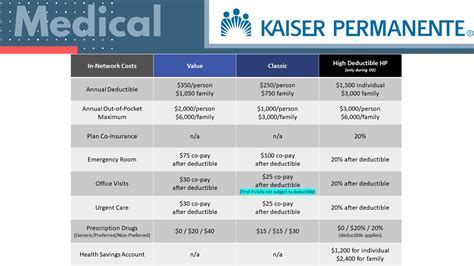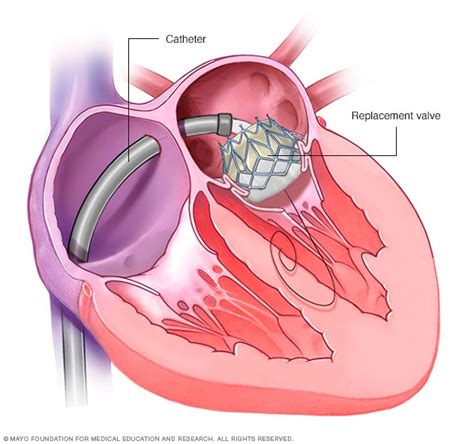Treating Jock Itch

Jock itch, also known as tinea cruris, is a common fungal infection that affects the skin of the groin area, causing itching, redness, and discomfort. It is more prevalent in athletes and individuals who engage in physical activities that involve sweating, as the warm and moist environment creates an ideal breeding ground for fungi. Understanding the causes, symptoms, and treatment options for jock itch is crucial for effective management and prevention of this condition.
Causes and Risk Factors
Jock itch is caused by a group of fungi called dermatophytes, which thrive in warm, moist environments. The most common species responsible for jock itch include Trichophyton rubrum, Epidermophyton floccosum, and Microsporum canis. Several factors increase the risk of developing jock itch, including:
- Excessive sweating: Moisture provides an ideal environment for fungal growth.
- Tight clothing: Trapping sweat and heat close to the skin.
- Sharing personal items: Such as towels, which can spread fungal spores.
- Poor hygiene: Not regularly washing and drying the groin area.
- Weakened immune system: Makes it harder for the body to fight off infections.
Symptoms
The symptoms of jock itch can vary from person to person but typically include:
- Itching and burning sensations in the groin area, which can be severe.
- Red, ring-shaped rashes that may have a clear center and raised edges.
- Small, round, and flat patches of itching skin.
- Flakes or scales on the surface of the rash.
- Cracks on the skin in severe cases, leading to more discomfort.
Treatment Options
Fortunately, jock itch is treatable with both over-the-counter (OTC) and prescription medications. The goal of treatment is to eliminate the fungal infection, reduce symptoms, and prevent future occurrences.
Over-the-Counter Treatments
- Antifungal creams, ointments, or powders: Containing ingredients like clotrimazole, miconazole, or terbinafine. These should be applied to the affected area as directed, usually for 2-4 weeks.
- Antifungal shampoos: For cases where the infection is on the scalp or beard area.
Prescription Treatments
For more severe or stubborn cases, a doctor may prescribe:
- Stronger antifungal creams or ointments.
- Oral antifungal medications, such as fluconazole or itraconazole, which are especially useful for widespread infections.
Prevention
Preventing jock itch involves reducing moisture in the groin area and practicing good hygiene:
- Keep the groin area clean and dry.
- Change underwear regularly, especially after exercising or sweating heavily.
- Wear loose-fitting clothing to improve airflow.
- Avoid sharing personal items.
- Use a medicated powder to keep the area dry.
Natural Remedies
While medical treatments are often necessary for jock itch, some natural remedies can help alleviate symptoms and possibly prevent future infections:
- Tea tree oil: Known for its antifungal properties, it can be applied directly to the affected area after dilution with a carrier oil.
- Garlic: Has antifungal properties, though its effectiveness for jock itch is not extensively studied.
- Keeping the area cool and dry: Helps in controlling fungal growth.
Myth vs. Reality
Myth: Jock itch is only a problem for athletes. Reality: While athletes are more prone due to excessive sweating, anyone can get jock itch. It’s about creating an environment conducive to fungal growth, not necessarily about being athletic.
Conclusion
Jock itch is a common condition that can be both uncomfortable and embarrassing. Understanding its causes, recognizing its symptoms, and knowing the available treatment options can help manage and prevent the condition. By practicing good hygiene, reducing moisture, and using antifungal treatments, individuals can effectively treat jock itch and prevent future occurrences. Remember, if symptoms persist or worsen despite treatment, consulting a healthcare professional is necessary for proper diagnosis and care.
What is the best way to prevent jock itch?
+The best way to prevent jock itch is by keeping the groin area clean and dry, changing underwear regularly, especially after sweating, wearing loose, breathable clothing, and avoiding sharing personal items like towels.
Can jock itch be treated without medication?
+While some cases of jock itch may be managed with natural remedies and good hygiene practices, fungal infections often require antifungal medication to fully eliminate the infection. For mild cases, over-the-counter antifungal creams may suffice, but for more severe infections, prescription medication might be necessary.
How long does it take for jock itch to heal?
+The healing time for jock itch can vary depending on the severity of the infection and the effectiveness of the treatment. Generally, with proper treatment, symptoms can start to improve within a few days, but it may take 2-4 weeks for the infection to fully clear. It’s essential to complete the full course of treatment as prescribed to ensure the infection is fully eliminated.


